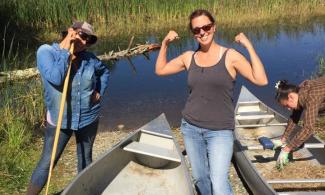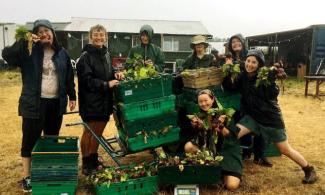Take action now to advocate for equitable co-op financing
The federal government is currently updating regulations for programs across several departments, including a few which address access to financing for cooperatives. The USFWC has worked with partners to articulate and vet responses to these updates to ensure co-ops have continued and expanded access to financial options.




